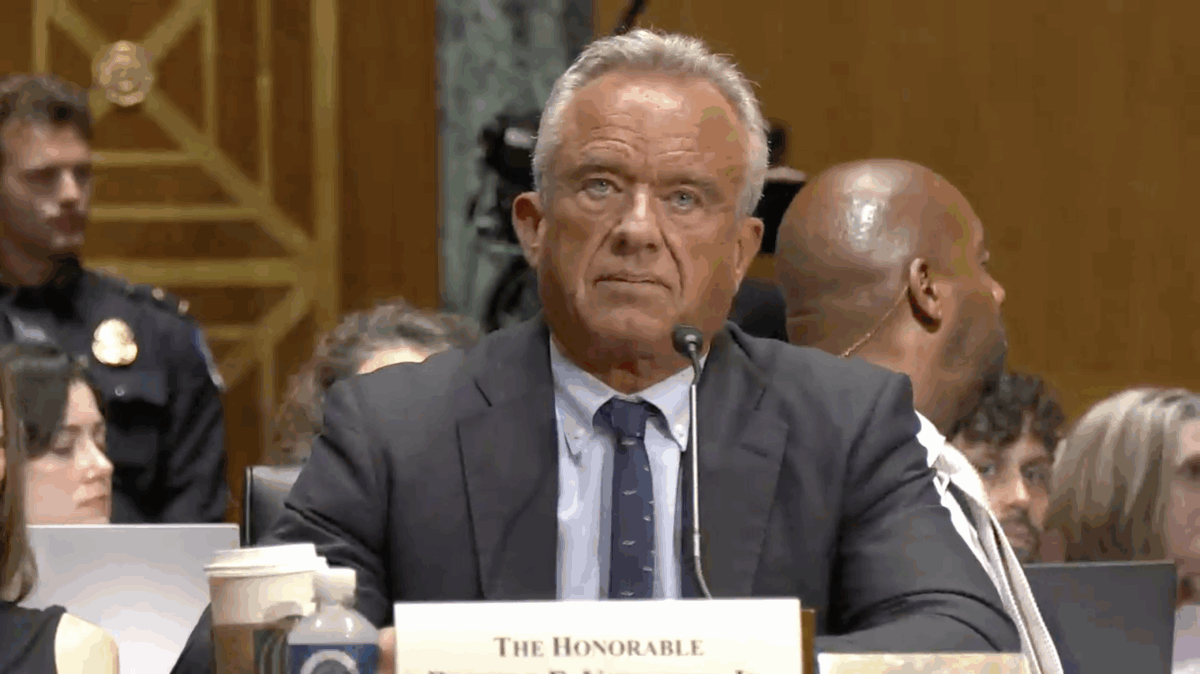Health and Human Services Secretary Robert F. Kennedy Jr. confirmed on Thursday that the U.S. Food and Drug Administration (FDA) is actively reviewing safety data related to mifepristone, a medication responsible for more than half of the abortions in the United States. This announcement came during a Senate Finance Committee hearing where Kennedy addressed concerns about the drug's safety profile.
Explainer Debate Over Obamacare Subsidies Raises Concerns About Abortion Funding
Kennedy stated, "We’re getting data in all the time, new data that we’re reviewing," in response to questions from Republican Senator James Lankford. He further alleged that during the Biden administration, data regarding mifepristone's safety was manipulated, claiming that a significant safety signal, estimated at around 11 percent, was suppressed.
The FDA's ongoing review follows Kennedy's earlier request for a comprehensive evaluation of mifepristone data, which he disclosed during a similar hearing in May. He indicated that FDA Commissioner Marty Makary is overseeing this review, stating, "I know I talked to Marty Makary about it yesterday, and he said those studies are progressing and that they’re ongoing."
Kennedy did not provide a specific timeline for the completion of the review but confirmed that it is a top priority, as speculated by Senator Josh Hawley. The urgency of the review is underscored by recent findings suggesting that the rate of serious complications following mifepristone use is significantly higher than what is indicated on the FDA label.
A study cited by Kennedy revealed that the rate of serious or life-threatening complications is 22 times higher than reported. "It’s alarming, and … it indicates that at very least, the label should be changed," Kennedy remarked regarding the study's conclusions.
Additionally, another study published in the same month found that 83 percent of emergency room visits related to drug-induced abortions were misclassified as miscarriages. Researchers noted that this misclassification could hinder women from receiving necessary emergency care for serious complications associated with mifepristone.
Critics of mifepristone, including some lawmakers and advocacy groups, argue that the drug poses significant risks to women's health. They contend that the promotion of mifepristone, particularly by organizations like Planned Parenthood, has contributed to a rise in at-home abortions, which they claim can lead to dangerous outcomes for both women and unborn children.
Supporters of mifepristone, however, maintain that it is a safe and effective option for women seeking abortions. They argue that the claims of its dangers are exaggerated and that the medication has been used safely for years under medical supervision.
Kennedy also addressed concerns about the telemedicine provisions that allow for chemical abortions without in-person doctor visits, stating he would follow up with Senator Daines on whether these allowances would be repealed. He confirmed that organizations not complying with the Trump administration’s Title X funding restrictions on abortion activities are not receiving federal funds.
The ongoing scrutiny of mifepristone comes amidst a broader national debate over abortion access and regulation, with various states enacting laws that either restrict or expand access to abortion services. As the FDA continues its review, the implications for mifepristone's availability and the future of abortion care in the U.S. remain uncertain.
Why it matters
- FDA is reviewing mifepristone safety data amid concerns about its risks, which could impact abortion access in the U.S.
- Kennedy alleges data manipulation regarding mifepristone's safety during the Biden administration, raising questions about regulatory oversight.
- Recent studies suggest serious complications from mifepristone are significantly underreported, prompting calls for label changes.
What’s next
- Kennedy will follow up with Senator Daines on potential repeal of telemedicine provisions for chemical abortions.
- The FDA's review timeline remains unclear, but it is a top priority for the agency.

